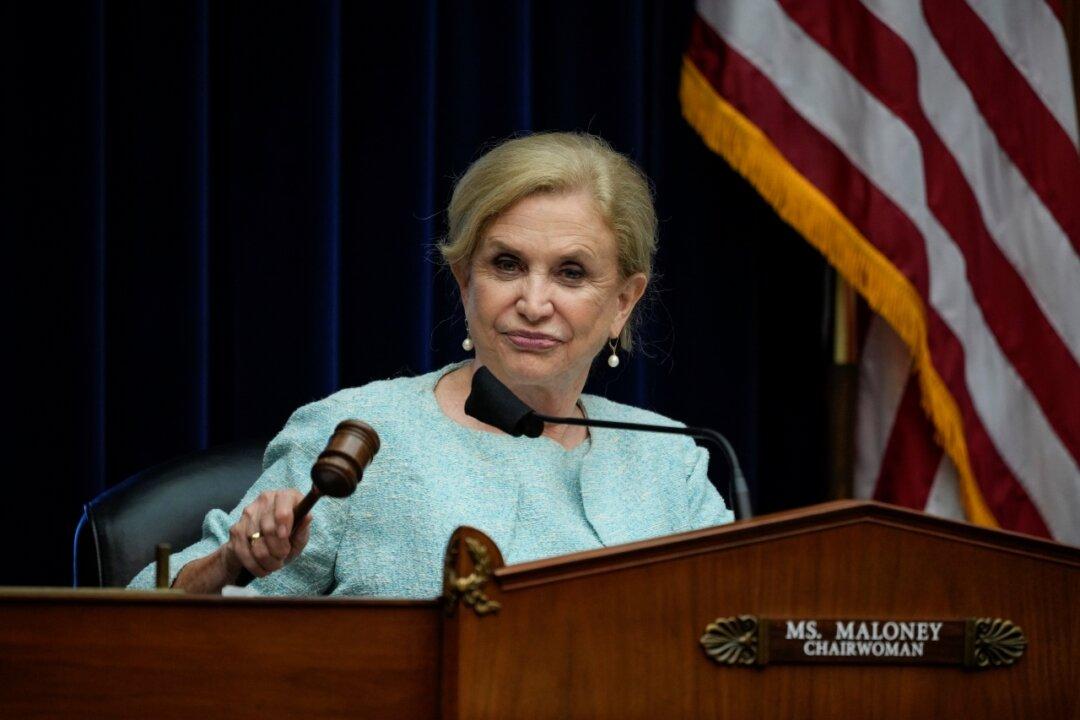Rep. Ralph Norman (R-S.C.) could hardly contain his amazement when Dr. Rahul Gupta, President Joe Biden’s national drug control policy director, claimed that “protecting the border” with Mexico was among the administration’s top priorities.
Gupta’s claim came during his opening statement on June 27 before a lengthy digital hearing of the House Committee on Oversight and Reform, the focus of which was to be on how the president was dealing with the explosion of drug overdoses that killed more than 107,000 Americans last year.





